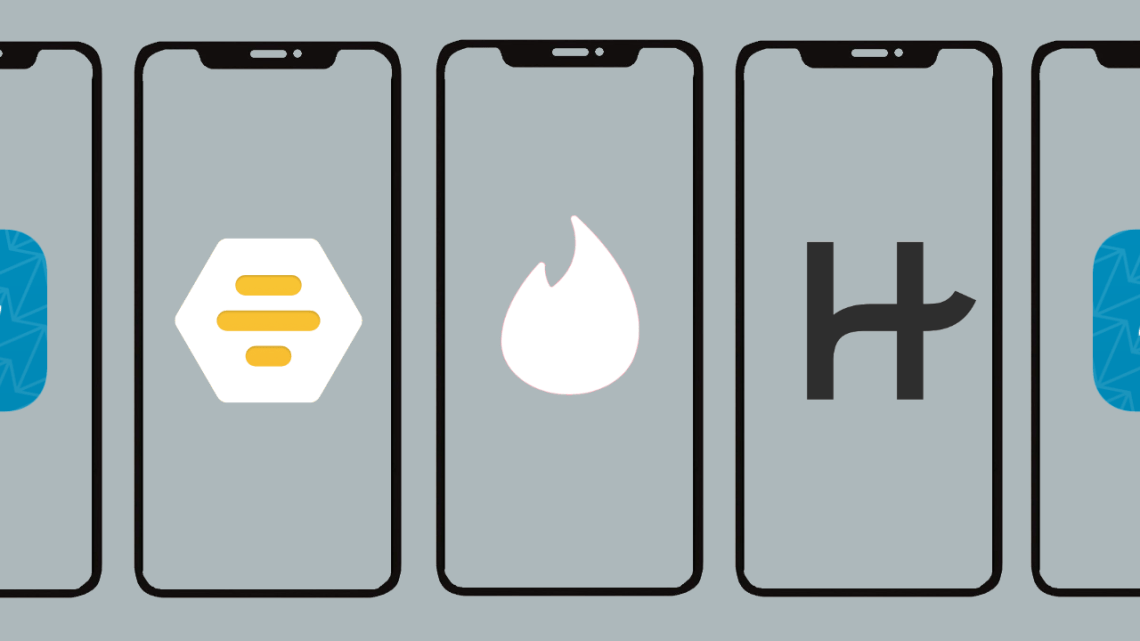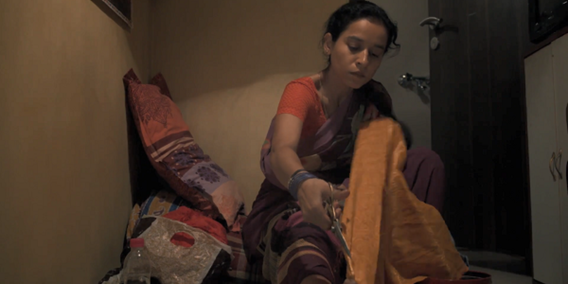
So, does the problem lie in the app or the users the app? Another research in Ohio state has predicted that people who are lonely and socially anxious are more likely to use dating apps in the first place. While it might be a good idea to socialise on applications and through texts if socially anxious, this can also have negative repercussions. The study also found that individuals who do meet people online and are socially anxious, are more likely to lead to overuse, addiction and negative outcomes in their relationships. Research by Strubel and Petrie in 2017 indicated that Tinder users, regardless of gender, scored lower on satisfaction related to physical appearance. They had an increased sense of shame associated with their bodies, had lower overall self-esteem than non-Tinder users.

If you’ve heard new words like “ghosting” or “seenzoning”, many of them have stemmed from different social media apps and interactions, but are more easily done on dating apps. Ghosting and seenzoning essentially mean withdrawing from conversations without paying any heed to future interactions. Since the reputation of the person is not at risk on dating apps, bad social skills and behavioural patterns are more easily noticed and shown on them. While one person might ghost or ignore communication for various reasons, what about the other one who was relatively more invested?
“Earlier, it used to take an entire village to build a relationship. There were common friends, families knew all your friends and associates and so did your neighbours! It was impossible to cut ties without it creating a massive ripple effect. Now, it’s just two people, on their phones. No wonder it’s easy to ghost someone.”
“The whole way these apps are structured, if you think about it, it sort of seems foolish to sink too much time into any one person you get in front of you if it doesn’t seem exactly right. Because that would be a waste of time. So you end up spending a little effort on a lot of people, and I think this is where the burnout comes from. Because it adds up to feel like you’ve done a lot of work, but you’re still left with nothing.”







